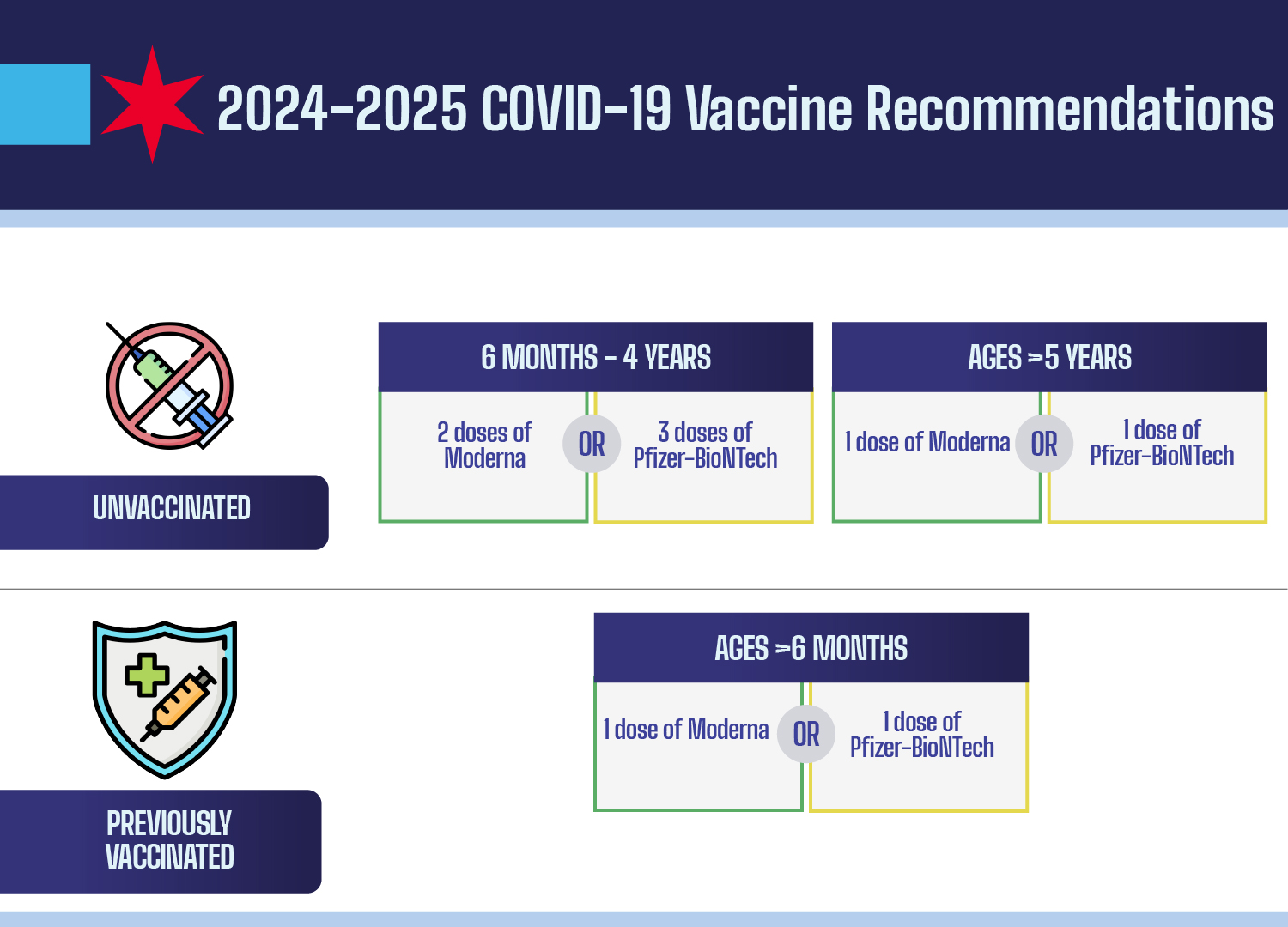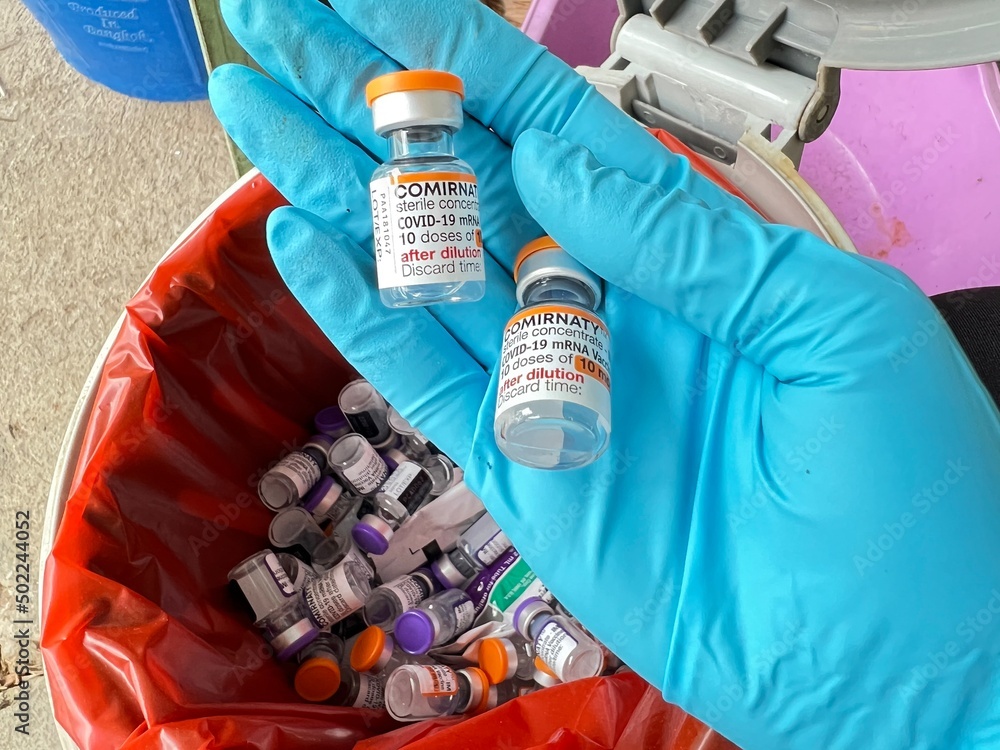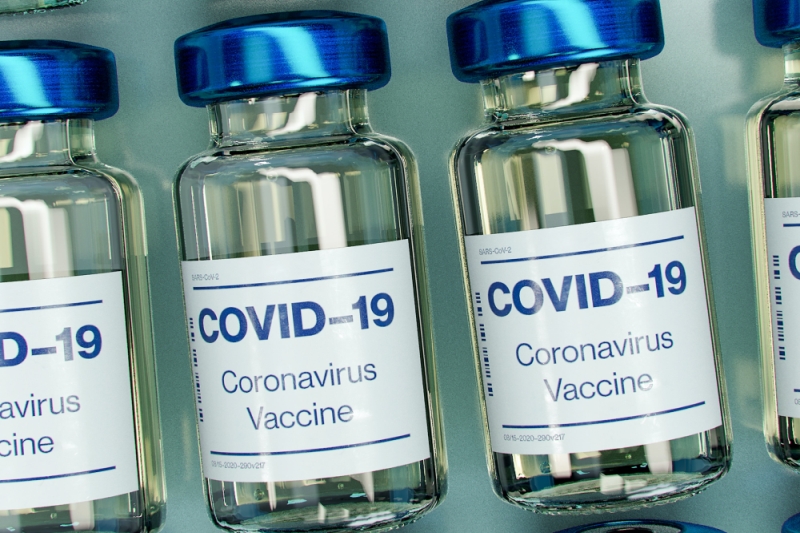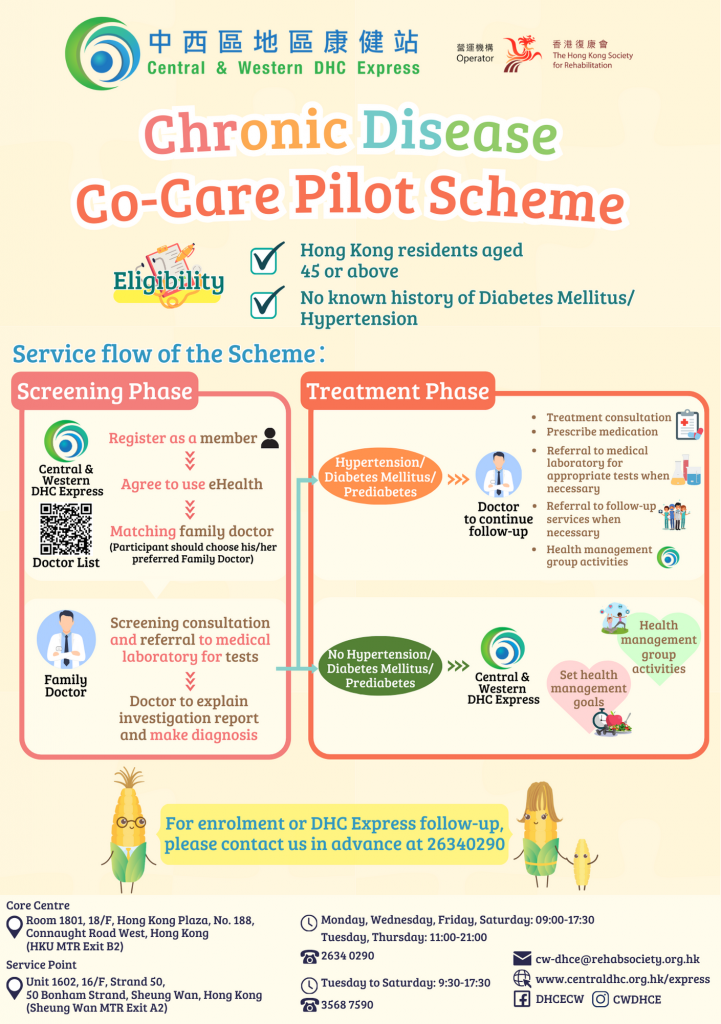COVID-19 Vaccine Administration Incident Raises Important Healthcare Oversight Questions
In a recent development that underscores the critical importance of medical protocol adherence, Hong Kong’s Department of Health (DH) has launched an investigation into a vaccine administration incident involving a private doctor who provided COVID-19 vaccines beyond their recommended use-by date.

The incident came to light during a routine review of vaccination records and involved 21 individuals across two residential care facilities: Oi Tak Old People’s Home in Yuen Long and Quality Rehabilitation Home in Kwai Tsing District. Between March and July 2025, the doctor administered Spikevax JN.1 COVID-19 vaccines that had passed their recommended usage period, though not their official expiry dates.
Specifically, at Oi Tak Old People’s Home, 18 elderly residents received vaccines during three separate visits on June 14, July 7, and July 9. At Quality Rehabilitation Home, one resident and two staff members were vaccinated on March 26 under similar circumstances.

Importantly, the DH’s subsequent investigation revealed no immediate health concerns. None of the 21 individuals reported feeling ill after receiving the vaccines, and after carefully assessing their vaccination and infection histories, the department determined that revaccination was unnecessary. Nevertheless, the department is closely monitoring the health conditions of all affected individuals as a precautionary measure.
The response from health authorities has been swift and comprehensive. Immediate inspections were conducted at both residential care homes to evaluate vaccine storage practices and vaccination procedures. The doctor involved has had their participation in Vaccination Schemes suspended pending the investigation’s outcome, and both facilities have been instructed to implement corrective measures to prevent similar incidents in the future.

This incident highlights several critical aspects of healthcare delivery, particularly in vulnerable settings like residential care homes. It demonstrates the paramount importance of strict adherence to medical guidelines and the need for robust oversight mechanisms. While no adverse health effects were reported in this case, the potential risks of improper vaccine administration cannot be overlooked.
For healthcare providers, care facilities, and insurance professionals, this event serves as a valuable reminder of the intricate protocols surrounding medical service delivery. It underscores the potential vulnerabilities that can emerge even in well-established healthcare systems and the critical role of continuous monitoring and quality control.

The Department of Health’s proactive approach—conducting thorough investigations, implementing immediate corrective actions, and maintaining transparent communication—reflects a commitment to public safety and accountability. Their response provides a model for addressing potential medical procedural lapses while prioritizing patient well-being.
For individuals and organizations involved in healthcare services, this incident emphasizes the importance of comprehensive insurance coverage that can protect against potential medical errors or procedural oversights. Such coverage can provide financial protection and support risk management strategies in complex healthcare environments.
As healthcare continues to evolve, incidents like these remind us of the ongoing need for vigilance, continuous training, and robust systems that prioritize patient safety above all else. The key lies not in achieving perfection, but in creating responsive, adaptable frameworks that can quickly identify, address, and learn from potential issues.












